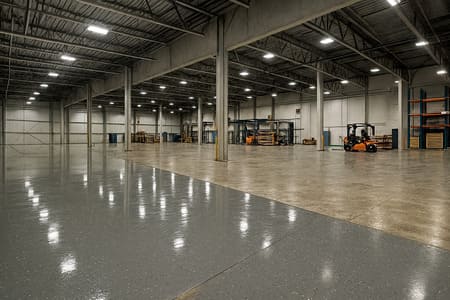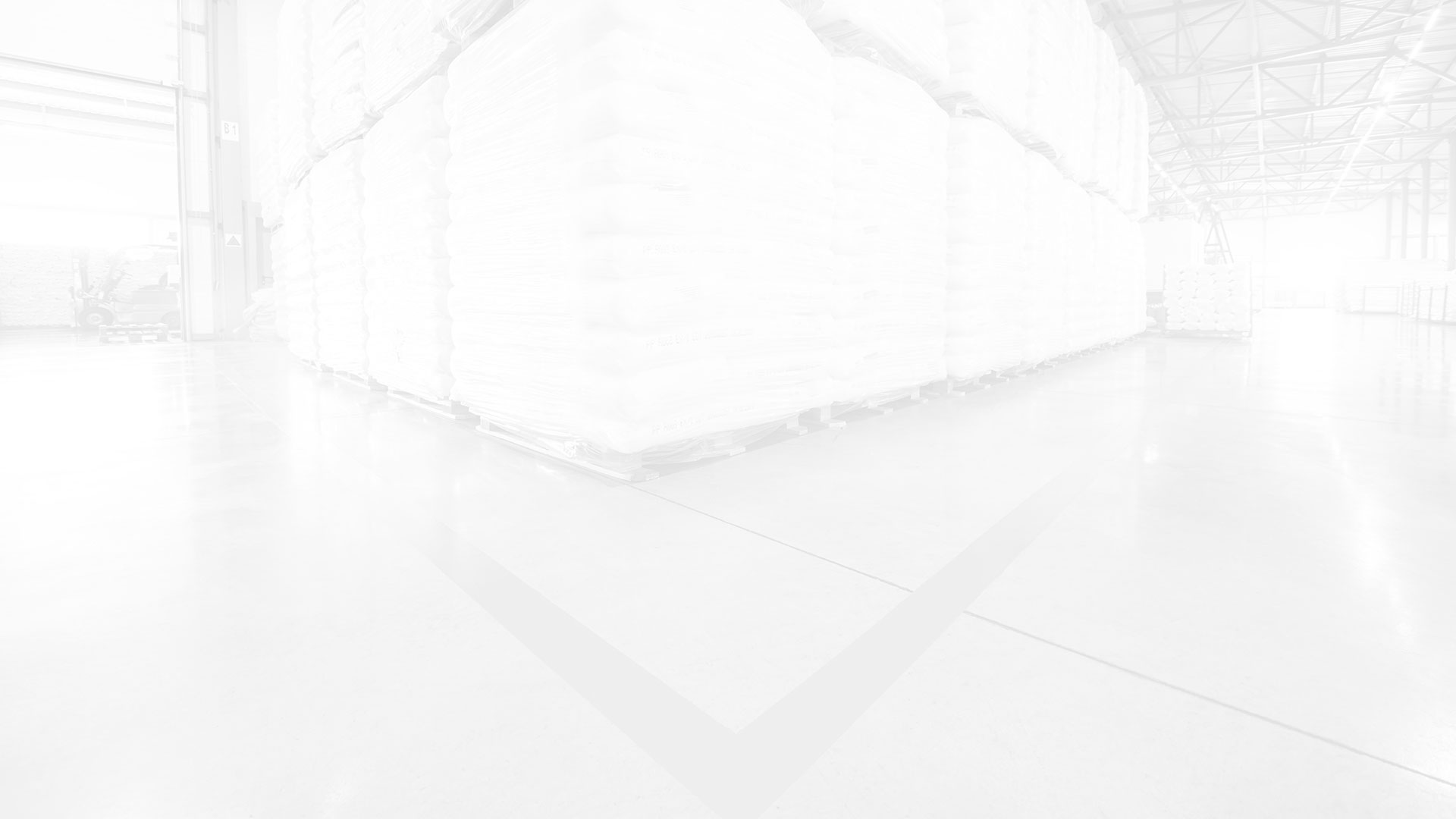Epoxy Flooring or Polished Concrete? Key Factors for Warehouse Owners

Running a warehouse means every detail matters, especially the flooring that supports daily operations. From heavy forklift traffic to moisture concerns, the right surface can make the difference between efficiency and costly downtime. Many facility managers debate between epoxy flooring and polished concrete, and both bring unique benefits. As a reliable Los Angeles commercial painting company, we often guide warehouse owners through this choice, helping them weigh durability, performance, and long-term value.
Understanding Epoxy Flooring
Epoxy flooring is a protective coating system that bonds tightly to concrete, creating a seamless, nonporous surface. It is known for its strength, resistance to chemicals, and ability to handle constant forklift traffic. When installed correctly, it provides a glossy finish that reflects light and brightens large spaces, which can improve overall safety. Unlike bare concrete, epoxy reduces dusting and makes routine cleaning much easier.
Because of these qualities, epoxy flooring is especially popular in warehouses where spills, abrasion, and heavy equipment movement are part of daily life. For businesses that also need warehouse striping, epoxy coatings allow clear, long-lasting markings to be integrated into the flooring system itself. This combination supports both safety compliance and smooth workflow management.
What to Know About Polished Concrete
Polished concrete is another strong option, achieved through mechanical grinding and polishing of the slab. This process produces a dense surface that resists staining better than untreated concrete. It does not have a coating like epoxy but instead relies on its hardened structure for durability.
While polished concrete can handle light to moderate forklift traffic, it may require more frequent maintenance in high-demand environments. Moisture is another factor to consider since polished surfaces are more porous than epoxy flooring, which means proper sealing and moisture testing are essential. For facilities that only need a smooth, professional appearance without frequent chemical exposure, polished concrete may be a cost-effective solution.
Key Factors to Consider
When deciding between epoxy flooring and polished concrete, warehouse owners should focus on performance factors that directly affect operations. Some of the most important considerations include:
- Durability: Epoxy resists abrasion, chemicals, and impact, while polished concrete provides a hardened surface that may wear faster under forklifts.
- Moisture Resistance: Epoxy creates a sealed barrier, but polished concrete can absorb moisture if not properly treated.
- Cure Time: Epoxy flooring requires specific cure times that vary by system, whereas polished concrete is typically available for use sooner after installation.
- Maintenance: Epoxy is easy to clean and maintain, while polished concrete may need more frequent resealing in demanding warehouse settings.
- Aesthetics: Epoxy offers bright, customizable finishes, while polished concrete has a more natural, industrial look.
These points help highlight which flooring system best matches the needs of a warehouse and the type of traffic it experiences daily.
Why Many Warehouses Choose Epoxy
In environments where forklifts, pallet jacks, and heavy equipment are used constantly, epoxy flooring has a clear edge. It withstands direct impact, prevents moisture penetration, and can incorporate safety features like warehouse striping without compromising performance. By choosing epoxy flooring, warehouse operators also benefit from a customizable surface that aligns with brand colors or zoning needs.
Forklift traffic is one of the biggest challenges in a warehouse, and epoxy's durability makes it more reliable for long-term protection. Polished concrete may shine in certain applications, but epoxy often provides a stronger return on investment in industrial settings.
Making the Best Choice for Your Warehouse
Both epoxy flooring and polished concrete bring valuable qualities to warehouse environments, but the best choice depends on how the space is used. For warehouses with heavy equipment, chemical exposure, and high safety requirements, epoxy flooring typically delivers greater durability and flexibility. For spaces with lighter traffic and a preference for a natural look, polished concrete remains an option worth considering.
If you are ready to upgrade your warehouse floor with a durable, high-performance solution, contact us today at Missing required attribute: Missing required 'which' attribute on shortcode phone-number. to learn more about your options.

Give Your Business A Fresh Look. Contact Our Coatings & Specialty Services Experts Today, We Operate in 5 Counties.